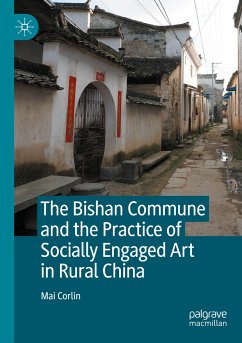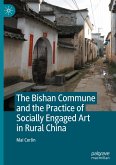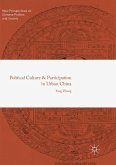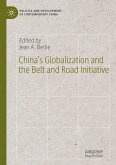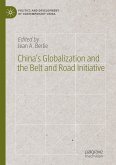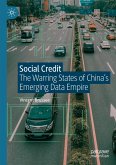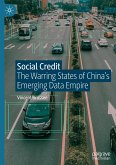This book is concerned with socially engaged art projects in the Chinese countryside, with the artists and intellectuals who are involved, the villagers they meet and the local authorities with whom they negotiate. In recent years an increasing number of urban artists have turned towards the countryside in an attempt to revive rural areas perceived to be in a crisis. The vantage point of this book is the Bishan Commune. In 2010, Ou Ning drafted a notebook entitled Bishan Commune: How to Start Your Own Utopia. The notebook presents a utopian ideal of life based on anarchist Peter Kropotkin's idea of mutual aid. In 2011 the Commune was established in Bishan Village in Anhui Province. The main questions of this book thus revolve around how an anarchist, utopian community unfolds to the backdrop of the political, social and historical landscape of rural China, or more directly: How do you start your own utopia in the Chinese countryside?
"Corlin's book bridges Wang's research gap through a careful analysis of where this below is located and who, exactly, occupies it. In this sense, the two books together demonstrate a well-rounded scholarly coherence for us to think about how socially engaged art in China builds utopia by listening to 'voices from below.'" (Yanhua Zhou, Religion and the Arts, Vol. 26 (4), September, 2022)

